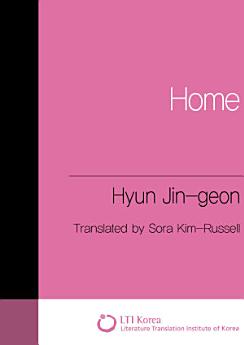Home
关于此电子书
评分和评价
作者简介
Hyun Jin-geon (1900-1943), pen name Bing-heo, was born in Daegu in 1900. He debuted as a writer in 1920 with the publication of his short story “Sacrificial Flowers” (Huisaenghwa) in the literary journal Genesis (Gaebyeok).
In the 1920s, Hyun participated in the New Literature Movement as a member of the literary coterie journal White Tide (Baekjo), with Hong Sayong, Yi Sanghwa, Na Dohyang, Park Jonghwa, and others. He earned critical recognition for his short story “Poor Man’s Wife” (Bincheo), published in Genesis in 1921, and established his reputation as a major realist writer, ranked alongside Yom Sang-seop, with his publications of “The Corrupt” (Tarakja) and “A Lucky Day” (Unsu Joeun Nal) in White Tide. Some have described Hyun as one of the pioneers of modern Korean short fiction, along with Kim Dong-in.








